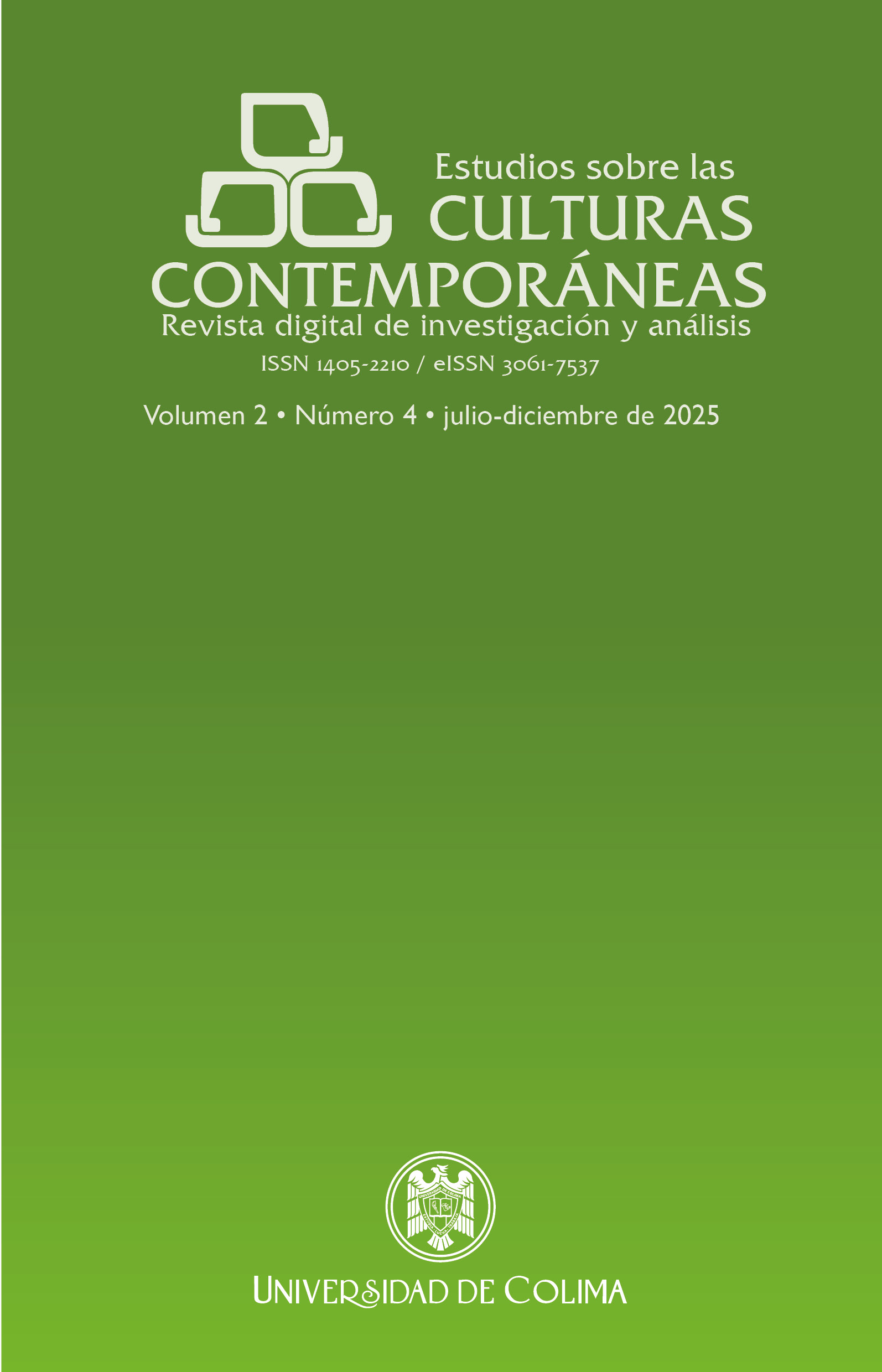Cultural and heritage defense against large-scale energy projects: the case of Maya communities in Mexico
DOI:
https://doi.org/10.53897/RevESCC.2025.4.01Keywords:
heritage, maya communities, large-scale energy projects, cultural justice, prior consultationAbstract
This article explores the tensions between large-scale energy projects and the cultural and heritage rights of Maya communities in Mexico. Through an interdisciplinary approach that integrates legal, anthropological, and cultural perspectives, it analyzes how energy transition processes and sustainable development initiatives impact not only the territory but also traditional knowledge, cultural practices, and symbolic landscapes of these communities. Using documentary and legal analysis, complemented by recent case studies, the article identifies the main challenges faced by communities in response to state and corporate policies, as well as local strategies of resistance and defense. It argues that respect for intangible cultural heritage is a crucial component of achieving effective cultural justice and that current mechanisms of consultation and participation need to be rethought in light of international human rights and heritage standards.
Downloads
Metrics
References
Comisión Nacional de Derechos Humanos [CNDH]. (2017). Consulta previa en México: entre el derecho y la práctica. UNAM, Instituto de Investigaciones Jurídicas.
Comisión IDH. (2015). Derechos de los pueblos indígenas y tribales sobre sus tierras ancestrales y recursos naturales. Comisión Interamericana de Derechos Humanos.
Comité DESC. (2009). Observación general n.º 21: Derecho de toda persona a participar en la vida cultural. Naciones Unidas.
Creswell, J. W. y Poth, C. N. (2017). Qualitative inquiry and research design: Choosing among five approaches (4th ed.). SAGE Publications.
Escobar, A. (2008). Territories of difference: Place, movements, life, redes. Duke University Press. https://doi.org/10.1215/9780822389439 DOI: https://doi.org/10.2307/j.ctv1198wg2
Fraser, N. (2008). Escalas de justicia. Herder.
Fraser, N. y Honneth, A. (2003). Redistribution or recognition? A political-philosophical exchange. Verso.
García, N. (1995). Consumidores y ciudadanos: Conflictos multiculturales de la globalización. Grijalbo.
Goodale, M. y Merry, S. E. (2007). The practice of human rights: Tracking law between the global and the local. Cambridge University Press. https://doi.org/10.1017/CBO9780511819193 DOI: https://doi.org/10.1017/CBO9780511819193
Hall, S. (1997). Representation: Cultural representations and signifying practices. Sage/Open University.
Instituto Nacional de los Pueblos Indígenas [INPI]. (s.f.). Mayas - Etnografía. Atlas de los Pueblos Indígenas de México. http://atlas.inpi.gob.mx/mayas-etnografia
Juárez, L. (2018). La reforma energética en México: implicaciones para los derechos de los pueblos indígenas. Revista Mexicana de Ciencias Políticas y Sociales, 63(233), 353-378. https://doi.org/10.22201/fcpys.2448492xe.2018.233.65894
Pérez, F. (2018). Language, culture, and rights in indigenous communities: Reflections on the Mexican context. En S. Coronel-Molina y T. McCarty (Eds.), Indigenous language revitalization in the Americas (pp. 9-112). Routledge.
PNUD. (2022). Informe sobre desarrollo humano en el sureste mexicano. Programa de las Naciones Unidas para el Desarrollo.
Rodríguez, C. (2011). Ethnicity.gov: Global governance, indigenous peoples, and the right to prior consultation in social minefields. Indiana Journal of Global Legal Studies, 18(1), 263-305. https://doi.org/10.2979/indjglolegstu.18.1.263 DOI: https://doi.org/10.2979/indjglolegstu.18.1.263
Schilling-Vacaflor, A. (2011). Who controls the territory and the resources? Free, prior and informed consent (FPIC) as a contested human rights practice in Bolivia. The International Journal of Human Rights, 15(1), 78-98.
Svampa, M. (2019). Neo-extractivism and development: Debates from Latin America. Cambridge University Press.
Toledo, V. M. (2005). La memoria biocultural: La importancia ecológica de las sabidurías tradicionales. Icaria Editorial.
UNESCO. (2003). Convención para la Salvaguardia del Patrimonio Cultural Inmaterial. Organización de las Naciones Unidas para la Educación, la Ciencia y la Cultura.
Published
How to Cite
Issue
Section
Categories
License
Copyright (c) 2025 José Israel Herrera

This work is licensed under a Creative Commons Attribution-NonCommercial-ShareAlike 4.0 International License.
Estudios sobre las Culturas Contemporáneas permite distribuir, remezclar, adaptar y crear a partir del material en cualquier medio o formato, únicamente con fines no comerciales y siempre que se le dé crédito al creador. Si remezcla, adapta o crea a partir del material, debe licenciar el material modificado bajo términos idénticos. CC BY-NC-SA, incluyendo los siguientes elementos:
BY: se debe dar crédito al creador.
NC: Solo se permiten usos no comerciales de la obra.
SA: Las adaptaciones deben compartirse bajo los mismos términos.










